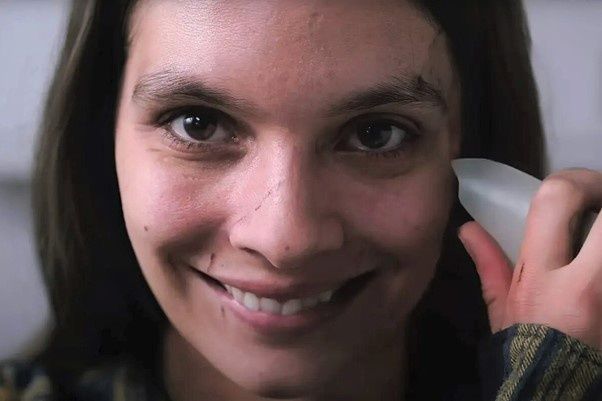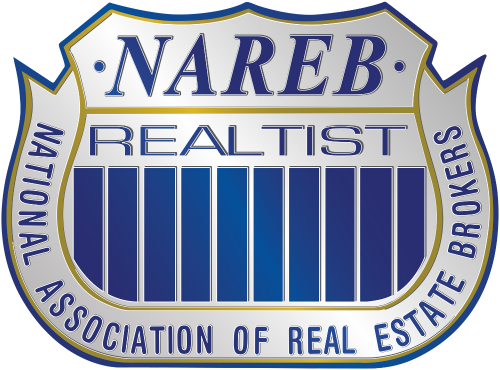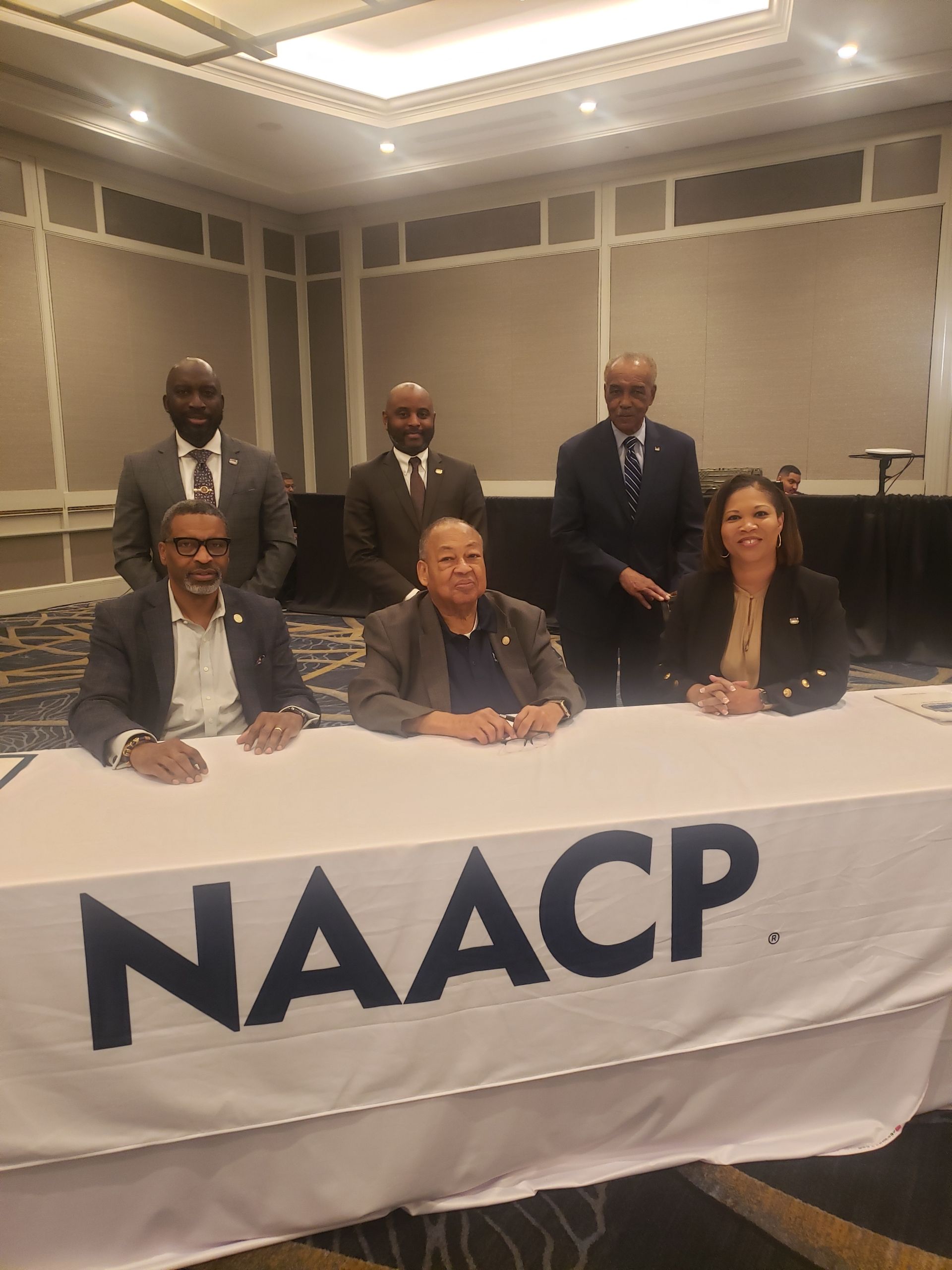The pandemic is threatening Black homeownership gains

Black homeownership rose to a 12-year high earlier this year, reaching 47% by the second quarter, according to the U.S. Census Bureau. Still, African American families own homes at much lower rates than whites, who were at 76% in the same quarter for a difference of 29 percentage points.
The COVID-19 pandemic has the potential to wipe out gains made by Blacks, said Donnell Williams, president of the National Association of Real Estate Brokers (NAREB), which aims to promote equal housing opportunities. He noted that the people most adversely affected by the pandemic are lower income, including people of color.
“There were 40 million people unemployed (early in the pandemic) and they say that most of those folks are people that made under $40,000 a year,” Williams said. “It has the potential to be devastating to our community.”
NAREB is undertaking multiple efforts to eliminate the racial gap in housing, including educating young Black consumers on prioritizing debt through its House Then the Car initiative. The organization supports legislation such as a federal bill that would create downpayment plans similar to existing 529 college-savings plans, and it opposes the Trump administration’s rollbacks of fair-housing rules. Williams talked with Scotsman Guide about these and other issues.
Why is homeownership so important?
Homeownership is important across the board. I’m concerned about Black homeownership. Black homeownership is where we build financial stability. We have security. We create generational wealth. Every Black American needs to strive to that end.
Why is there such a large gap between Black and white homeownership rates?
We started behind the quote-unquote eight ball. First, you say you can’t own land outright. (Then the federal government) gives away land and you can’t participate. (The feds) create a government organization that says it’s for whites only. You create little cities and villages, and you’re not able to participate. We give veterans low-interest loans, 0% loans, but you’re not able to participate. This is generational now. When you talk about systemic racism and housing, this is it. We have lived it.
Black mortgage applicants are rejected 16% of the time compared to 7% for white applicants. What’s going on?
If you have two people with similar income and credit, then there’s nothing else other than color. Blacks historically have had lower credit scores because they’re asked to do more with less — the wealth gap. Everybody needs a cell phone now, right? Car insurance, cell-phone bill, these little things add up, and you’re working with less money.
Black homeownership is where we build financial stability. We have security. We create generational wealth.
What can mortgage originators do about that?
You need to hold somebody’s hand and ask, ‘Does Uncle Ray live in the basement or Aunt June live in the attic? Do they give you 600 extra bucks a month?’ Loan officers are not asking the right questions or building enough confidence with the applicant to say, ‘You can use this. You can use that.’
What else can be done to boost Black homeownership?
We found there are 1.7 million Black millennials (who qualify for homeownership but haven’t purchased). That’s a big, big number. Why aren’t they buying? We created HouseThenTheCar.com. We’re providing an online, fillable budget. Then you’ve got a housing-counseling course right there. You’ve got the downpayment-assistance mechanism. You’ve got your FICO (score) estimated to find out what your real credit score is. We need to capture the attention of the younger generation.
We have to have an African American homeownership plan, a policy through HUD sanctioned by Congress. It has been done before where programs are set up for specific groups. I already told you about the (Federal Housing Administration) government program for whites. You have the Native American homeownership plan that was passed in the late ‘80s, early ‘90s. We need our own African American homeownership program. That just the bottom line. It’s just no way around it.
CREDITS: Jim Davis / Scotsman Guide
The post The pandemic is threatening Black homeownership gains appeared first on National Association of Real Estate Brokers.


